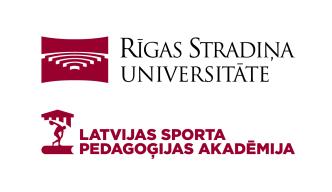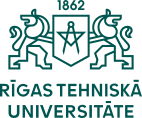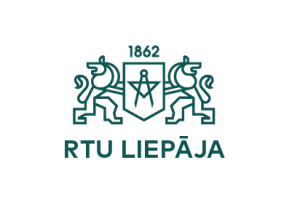Innovations, methodologies and recommendations for the development and management of the sports sector in Latvia

Innovations, methodologies and recommendations for the development and management of the sports sector in Latvia
Aim
Description
The first group focuses on the development of technological tools for high-performance sports to test and improve the material properties of equipment needed for technical sports. The plan is to analyse high-performance materials and their dynamic properties, measure surface geometry and test friction properties, study and model aerodynamic properties of different materials, and analyse the real-time motion of people and objects, providing accurate feedback on the performance of athletes in technical sports.
The second working group will develop research methods and knowledge base in health and sport sciences on athletes' health, functional capacities, training methodologies and approaches to improve performance, focusing on three target groups: athletes involved in adapted and grassroots sport, and children and young people involved in sport. The project will develop recommendations for athletes, coaches, parents of children and young people, sport managers, methodologies for monitoring the mental and physical health of athletes involved in grassroots sport and the health risks of children and young people involved in sport.
The third working group will analyse the main statistical indicators of sport development and develop a tool for collecting and using sport statistics, as well as develop a classification of sport infrastructure and criteria for assessing sport infrastructure, prepare recommendations for planning and managing sport infrastructure in Latvia
Outcomes
- 29 original scientific articles in journals or conference proceedings included in the WoS/SCOPUS databases
- 3 other anonymously peer-reviewed scientific articles in international journals and collections, excluding conference materials
- 29 conference materials – abstracts up to 1 page
- 2 research results (publications and data) made available in research data repositories in line with the FAIR principles – they can be found, accessible, interoperable and reusable
- 10 new technologies or products have been developed, including methods, prototypes. 2 patent applications have been created
- 3 reports on policy recommendations and policy impacts, promoting policy change based on acquired foreground, advising industry policy makers and preparing recommendations and guidelines
- 2 reports on methodologies developed and used in the research programme have been made public
- 4 proposals and datasets for the planning and implementation of sport policy
- 2 measures (conferences) have been implemented for the involvement of sectoral specialists – information and capacity building
- 16 PhD students, PhD applicants and young scientists involved in the programme's activities
- 12 Master's or promotion works on the subject of the project have been defended in accordance with specified procedures







